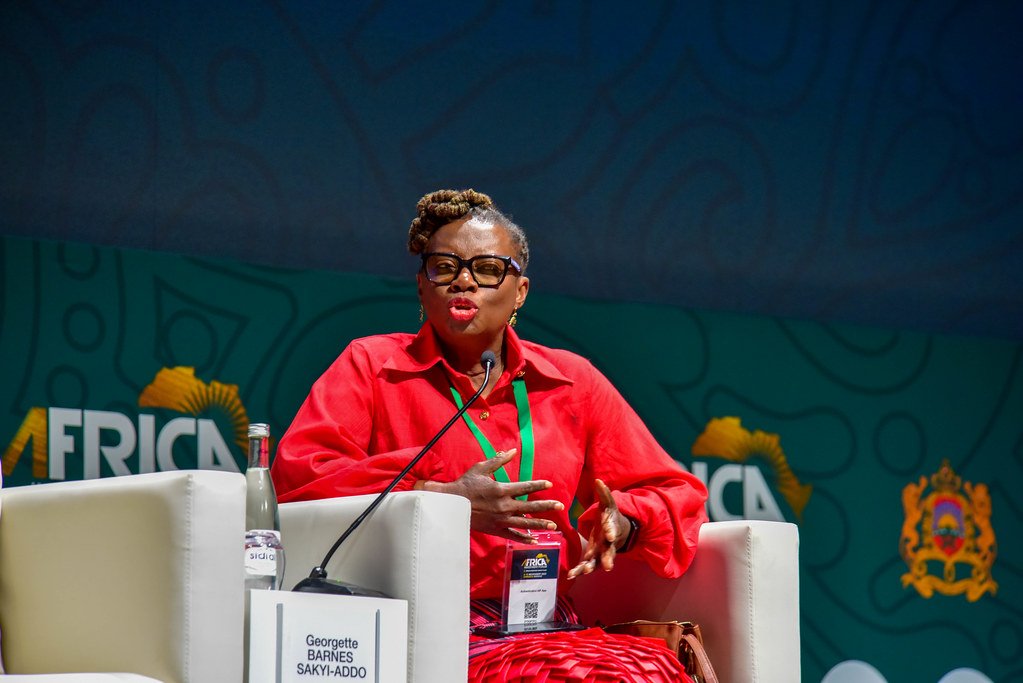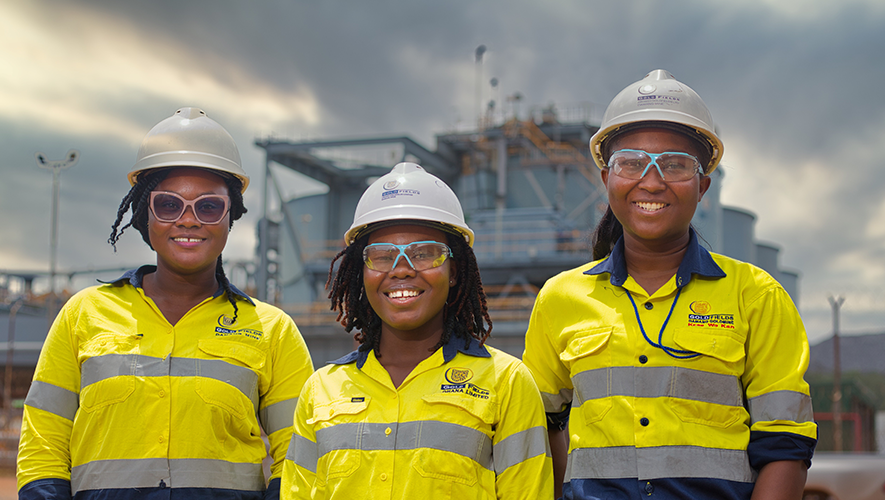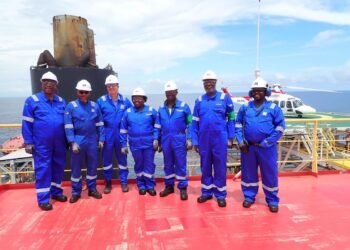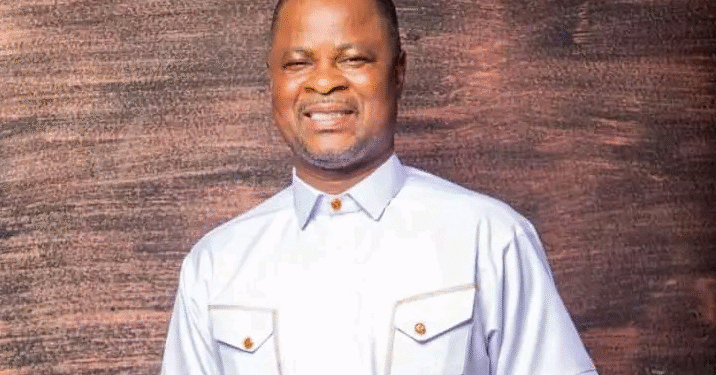The President of Women in Mining Ghana (WIM Ghana), Georgette Barnes, has stressed that women in the country’s mining sector can significantly improve their earnings and expand business opportunities if they adopt responsible mining practices and embrace clean energy solutions.
Speaking at a high-level energy and mining forum, Barnes underscored the critical link between sustainability and profitability, noting that responsible mining is not just an environmental necessity but also a pathway to financial empowerment for women miners.
“Women and local communities in mining areas need to be linked to data sources, large-scale mines, and supplier development programs so they can access finance, employment, and business opportunities.”
Georgette Barnes, President of Women in Mining Ghana (WIM Ghana)
Her comments came against the backdrop of discussions on Africa’s financing needs and the strategies required to unlock investment for energy access and economic transformation.
Despite women playing a visible role in Ghana’s small-scale and artisanal mining sector, Barnes highlighted the steep barriers that continue to limit their participation in profitable ventures.
She pointed to low financial literacy, limited access to technology and data, and a lack of formalisation as key challenges facing female business owners, especially in rural communities.

“Lenders generally view mining as high risk, and without clear production data such as projected output, it becomes nearly impossible to access credit.”
Georgette Barnes, President of Women in Mining Ghana (WIM Ghana)
To bridge this financing gap, Barnes advocated for the formalisation of community-based savings and lending schemes, particularly Ghana’s long-standing “susu” programs, as a way to help women miners build verifiable financial histories.
Barnes further called for stronger integration between women miners and geological survey institutions, noting that access to reliable geological data is a prerequisite for financing.
Without such data, many women miners remain excluded from credit and investment opportunities.
She also urged large-scale mining companies to step up support for women’s groups by opening up supplier development opportunities and prioritising local hiring.
Barnes remarked, “If our daughters are hired by large-scale mines, we have access to system finance to support the businesses,” emphasising the ripple effect that stable employment has on family enterprises.
Breaking the Cycle of Exploitation

A recurring challenge, according to Barnes, is the dependency of many women miners on private “sponsors” who finance production but later deny them fair prices for their products.
This cycle of exploitation, she argued, undermines the sustainability and growth of women-led mining businesses.
To address this imbalance, she advocated for supplier development programs across the mining value chain to ensure that those doing the initial labour are compensated fairly.
“Currently, women miners provide the hard labour, but sponsors and intermediaries reap the most benefits.
“We must change this through structured support programs that allow women to claim their fair share.”
Georgette Barnes, President of Women in Mining Ghana (WIM Ghana)
Barnes also encouraged women miners to strengthen cooperation and collective bargaining as a strategy for improving market access and negotiating better terms with suppliers and service providers.
She observed, “If they were cooperative, they would have a stronger voice and better bargaining power,” noting that cooperation is even more critical when traditional bank financing is unavailable.

Her remarks were informed by lessons from a World Bank-funded responsible mining project with women miners in northern Ghana, which demonstrated that formalisation, access to information, and collective action can drive transformative change in mining communities.
Barnes’s vision for women in mining dovetails with broader efforts to integrate clean energy and sustainability into Africa’s resource extraction industries.
She argued that responsible mining practices not only mitigate environmental impacts but also attract investment, improve profitability, and contribute to long-term community development.
As Ghana continues to formalise and reform its mining sector, industry leaders believe that empowering women with the tools, knowledge, and financial access they need will be crucial to achieving inclusive and sustainable growth.
Barnes’s call for responsible mining, data access, and stronger links with large-scale operators reflects a shift towards ensuring that women miners are not left behind in the transition to cleaner and more sustainable mining practices.
With deliberate reforms, collective action, and the adoption of innovative financing solutions, women in Ghana’s mining sector stand poised to move from the margins of subsistence operations into the mainstream of profitable, responsible, and future-focused mining.
READ ALSO: A Smart Move to Save the Cedi – Women in Forex Ghana Prez Hails BoG Directive























